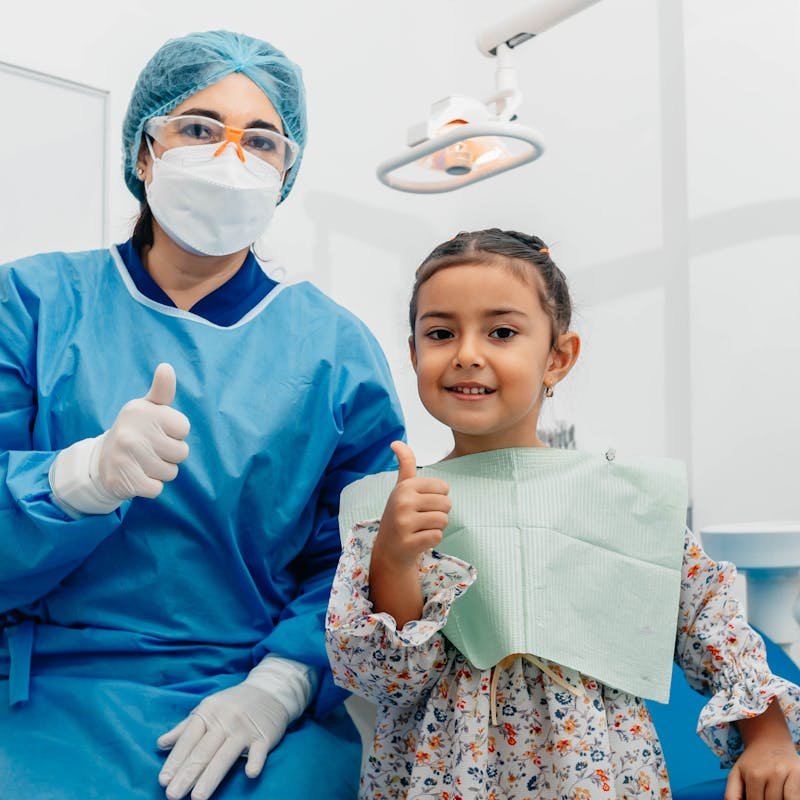Sleep – Apnea
Diagnosis and treatment for sleep apnea, improving sleep quality and overall health. Customized solutions like CPAP therapy or oral appliances for effective management.
Sleep Apnea
Do you snore? Do you feel tired after a full night’s sleep? You may have a potentially serious sleep disorder known as sleep apnea.
Symptoms of Sleep Apnea
- Loud snoring
- Abrupt awakenings accompanied by shortness of breath
- Noticeable episodes of breathing irregularities during sleep
- Difficulty sleeping
- Waking up with a dry mouth or a sore throat
- Headaches in the morning
- Having trouble paying attention during the day
- Irritability both day and night
- Excessive tiredness during the day

The Three Main Types of Sleep Apnea
- Obstructive sleep apnea – The most common of the three. This occurs when the muscles in the back of the throat relax causing the airway to narrow, resulting in a low level of oxygen getting into the bloodstream.
- Central sleep apnea – The brain does not send the proper signals to the muscles that control breathing, therefore, for a short period of time you do not breathe.
- Complex sleep apnea syndrome – This happens when a person has both obstructive sleep apnea and central sleep apnea.
Get ahead of the curve with your appointment!
Experience cutting-edge dental care in the heart of Downtown Seattle.

The Use of Oral Surgery
Using oral surgery to help sleep apnea seeks to remove the excess tissue in the throat that is vibrating and blocking the upper air passages. One surgical procedure is a Uvulopalatopharyngoplasty (UPPP). This procedure involves removing the excess tissue from the upper mouth and throat. This procedure is performed in a hospital under general anesthesia. Maxillomandibular advancement is another type of procedure used to assist with sleep apnea. This procedure involves the upper and lower part of the jaw. In this procedure, the jaw is moved forward from the rest of the facial bones. This allows more room behind the soft palate, thereby reducing the obstruction. Finally, a Tracheostomy is a last-ditch effort when other treatments have failed. This involves the surgeon inserting a tube in your throat so you can breathe. It is covered during the day but opens at night while you sleep. All of the aforementioned surgeries are routine and very safe.
If you feel you may have sleep apnea, it is important to visit a doctor. Since the symptoms can sometimes make the diagnosis hard to determine you must seek the advice and help from a medical professional in the field of sleep apnea disorders. Sleep apnea can be a serious problem and complications can occur. There is treatment so why wait until unnecessary heart problems and other complications such as high blood pressure, type 2 diabetes, and liver problems occur.
Contact Maiden Lane Dental to set up your appointment. We are located in lower Manhattan and have been serving the Financial District for many years. Contact us by phone at 212-509-4585 or use our contact form.
